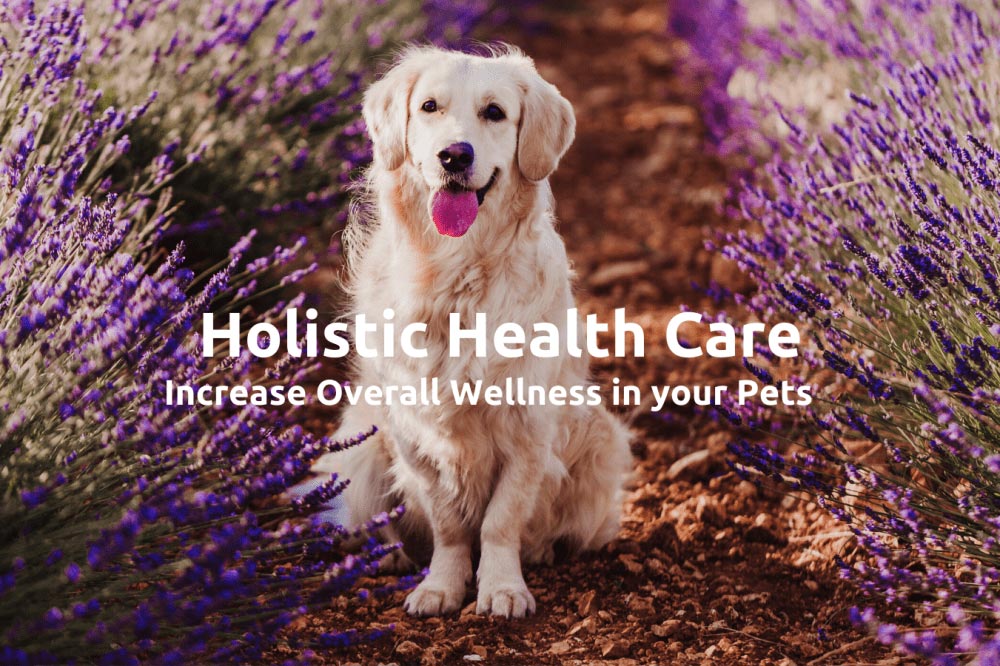 978.468.1616
978.468.1616


While holistic medicine has been practiced throughout our history, we have recently seen it on the rise in the U.S. as health and wellness trends have grown increasingly popular. But these traditional roots of medicine are not just limited to humans – they can also be incorporated into veterinary medicine. In fact, there is an entire field of holistic veterinary medicine!
But how often should these methods be incorporated into your dog’s routine, and to what degree? What methods should be included in this practice? To get a better understanding, we spoke to Dr. Katherine Evans of the Holistic Veterinary Center in Concord, New Hampshire to answer some of our most burning questions…
Holistic veterinary medicine approaches health and wellness from many different aspects, including nutritional therapies, herbal therapies, supplements, acupuncture, and chiropractic care. In contrast, conventional medicine focuses more on testing to find a cause for illness/injury and then treating it with medications or surgery. Holistic medicine focuses on the general wellness of the pet.
At the Holistic Veterinary Center, we focus on wellness in many ways, including annual wellness examinations, customized vaccination schedules for adult dogs and cats, selective vaccinations for puppies and kittens, dietary consults, and geriatric screenings.
I graduated from the University of Florida College of Veterinary Medicine in 1992. In 1998, I opened the Holistic Veterinary Center in Concord, NH after becoming a Certified Veterinary Acupuncturist and a Veterinary Chinese Herbalist. In my role, I most commonly see and treat dogs and cats with chronic skin problems, along with older animals with back and joint pain, as well as animals with chronic illness such as cancer. I really enjoy being able to help owners help their pets, particularly if they have had a chronic illness that didn’t respond well to conventional medicine.
The goal of my practice is to provide quality compassionate care to our patients and their owners and to act as a resource for interested individuals to learn more about alternative and complementary medicine.
I do use conventional medicine in my practice, when necessary. Holistic care focuses on long-term wellness, but some patients are too sick and need more immediate care.
For first-time dog owners I recommend doing your research before getting a dog. Owning a dog is a lifetime commitment and you need to be in it for the long haul. I also recommend creating a savings account for your dog to be used for unexpected or costly health problems – just as you would any other member of your family.
I also strongly encourage you to feed your dog the best possible diet. I recommend a home-cooked diet most often for my patients, or a raw- or freeze-dried diet if the former is not feasible. These diets are less-processed and less-inflammatory than dry dog food, and will improve the overall wellbeing of your dog throughout the course of their own lives.
